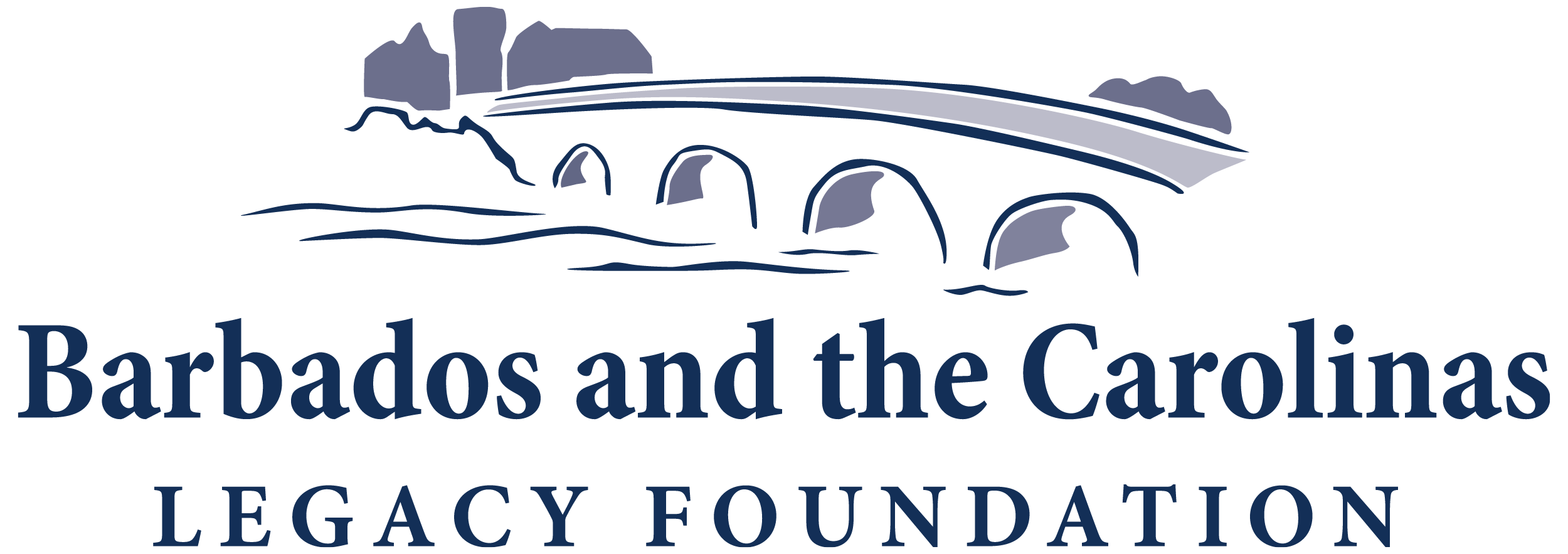Thoughts on "To Hell Or Barbados" by Sean O'Callaghan
Posted on 22 May 2013 by Rhoda Green
I’ve just added Sean O’Callaghan’s book “To Hell Or Barbados” to the suggested reading list. Sean’s account is informative and riveting, and he provides lots of historical documentation which authenticates it. Its relevance is no surprise, then, as its title alone brings it within the ambit of the Barbados and Carolinas Legacy Foundation’s focus. But stay with me–there’s so much more to the story. The writer relates convincingly why the Irish and Scots were “Barbados.”
I read the book voraciously, and when finished I concluded that no period or era of history exists suspended in time and space. One period precedes – another succeeds. I might suggest that as an unchangeable law of history; wouldn’t you agree…?
Sean, it appears was a humanitarian and activist at heart. He spent a great part of his life writing and reporting about modern day slavery in Africa and the Middle East. I imagine somewhere etched in his subconscious was the constant replay of that trite little cliché which suggests if society doesn’t learn and respond to injustices there’s a strong likelihood history will repeat itself. Unfortunately, the cliché has proven to be true in so many instances.
As the story develops, the Irish and Scots were exploited and subjugated by the British as early as the 1600s. The British considered them “an inferior race,” and they were hated with an unrelenting hatred. The condescending and derogatory diatribe reportedly hurled at them would evoke involuntary jaw-dropping from people of African descent today. From our experience that type of abuse was reserved for blacks and other minority ethnic groups only. Oliver Cromwell emerged as the archenemy of the Irish Catholics in Ireland, Scotland and other parts of the British Isles. The historical records reflect Irish and Scots indentured servants, or as they are now being called “white slaves” suffered the same type of indignities that were imposed upon enslaved Africans during the Atlantic Slave Trade.
Why then was this history suppressed almost to the point of eradication? Why do the ravages of slavery still reverberate and cast its ominous pall and blight upon those who are needy and helpless across the world? The psychological and emotional damage inflicted upon the enslaved leave permanent scars – we know that too well.
Back to Sean’s story – the ultimate indignity heaped upon the Irish and Scots was to be “Barbados.” Large numbers were transported to North America, the Caribbean – and yes, to Barbados. Some of the very vessels used to transport millions of enslaved Africans across the Atlantic were used to transport the Irish and Scots also. As the evidence now shows – human cargo was human cargo black or white. Fate or Providence was observing these developments.
The ruling class established a social structure in Barbados which became the model for other British colonies including the Carolinas. Power and control once attained had to be retained and never ceded to the “lower classes.” In order to allow that to happen, whites who completed their servitude essentially emerged absolved or expunged from the stigma of “slavery.” The ruling class then systematically pitted the interest of whites against the interest of blacks, and race became a determining factor. For people of the African Diaspora – draconian laws were adopted which stated that even a drop of African blood would relegate a person to a lower status in society into the future. As a result, even today some of the most strident and passionate voices who espouse hateful and demeaning rhetoric, based on race, are persons who share a similar history as those they despise.
Sean O’Callaghan, as he did research for his book, reached a point where he needed more answers. He didn’t find the answers he was looking for in England or in Ireland, so he made his way to Barbados to find them. But wait! He found much more – he found a small disappearing community of his ancestral kin in Barbados. His book “To Hell Or Barbados” tells of their plight and what seems to be an inescapable destiny for them – proof certain of their existence and this sordid tale. These people are derisively known as the Redlegs of Barbados.
What if this story of the Irish and Scots had been exposed and well known; would slavery have had a different complexion and perceived differently today? Would the legacy of slavery, the blight and scourge it has inflicted upon people of African descent in the Americas be the same? Or would slavery have been understood for what it is: a system based on the conrol and subjugation of those who have no power–for economic gain.
Barbados’ geographical position situated out in the Atlantic somewhat sheltered from many a pestilence, man-made or nature-spawned during this period–allowed the British to hone their governance skills and expertise in Barbados. When they arrived in Barbados they had a pretty good understanding of what was required to run a plantation society. The concept of “plantation” was known to them from their feudal past. It was not conceived in Barbados; it was honed and tweaked there. That’s one reason why Barbados has emerged as the place where historians and researchers go to find answers and retrieve historical nuggets.
I feel Mr. O’Callaghan’s story. Here’s why: My great-grandmother was a Redleg. My grandfather and my great-aunt Annie were her children. As children my siblings and I spent quite a bit of time with our grandparents, Mamma and Pappa. I now recall the same forlorn expressions described in Sean’s book on my grandfather Pappa’s face. One can’t conveniently erase that reality and connection from one’s memory. This story speaks to shared influences, and healing and wholeness come from knowing….
By Rhoda Green

